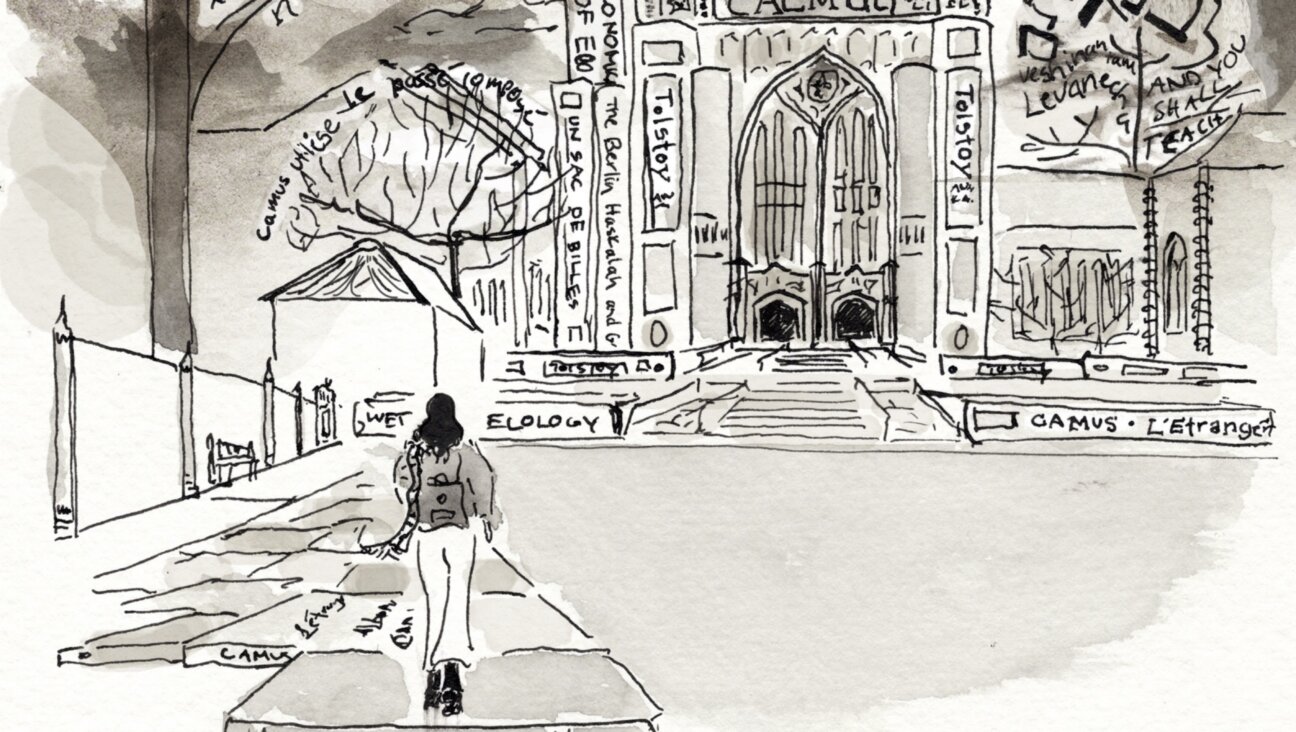Despairing Words
Archbishop emeritus and Nobel laureate Desmond Tutu is one loquacious fellow. There have been times when the talkative South African human rights activist has been pilloried for saying things that, in fact, he never uttered. But there are also instances when Tutu deserves to be criticized for things he says, and sometimes says again.
In a recent interview with Haaretz’s Akiva Eldar, Tutu said that the West was consumed with guilt and regret toward Israel because of the Holocaust “as it should be.” Then he went on: “But who pays the penance? The penance is being paid by the Arabs, by the Palestinians. I once met a German ambassador who said Germany is guilty of two wrongs. One was what they did to the Jews. And now the sufferings of the Palestinians.”
It’s always possible that Tutu was quoted incorrectly or that he didn’t quite mean what he said. Because what he said can be reduced to an invidious equation: Nazis murdered Jews. Jews are now doing something similar to Palestinians.
Tutu’s remarks defy historical reality, but there is reason to be concerned about them. Long after he won the Nobel Prize in 1984, Tutu continued to champion the cause of the oppressed. As chairman of the Truth and Reconciliation Commission, he helped South Africa reach an honest accounting of its crimes.
His voice is authentic and experienced. It’s also South African. And by speaking as he does, by backing the Campaign for the Academic and Cultural Boycott of Israel, by implying that Israel resembles apartheid, Tutu lends credence to this dishonest and cruel analogy. In his analysis, the South Africa boycott strengthened the majority blacks struggling against white minority rule. It “gave us the feeling that we are not alone, that the whole world is with us,” Tutu said. But Jews constitute a majority in Israel, and boycotts only serve to heighten the gnawing sense of isolation, feeding right-wing extremism and a reliance on “fortress Israel.” Rather than engendering solidarity with others, boycotts deepen the ingrained sense that the world is, again, out to get the Jews.
As Uri Avnery, founder of the Gush Shalom peace movement, wrote recently: “the mistaken assumption that the Israeli-Palestinian conflict resembles the South African experience leads to a mistaken choice of strategy.” South Africa’s struggle was over race; among the Israelis and Palestinians, the conflict is over land and nationhood. Boycotts will harden the hearts of the Israeli public, not turn them toward peace.
“Those who call for a boycott act out of despair,” Avnery wrote. Given Tutu’s valiant struggle against an oppressive regime, it’s surprising that despair is part of his vocabulary.
















